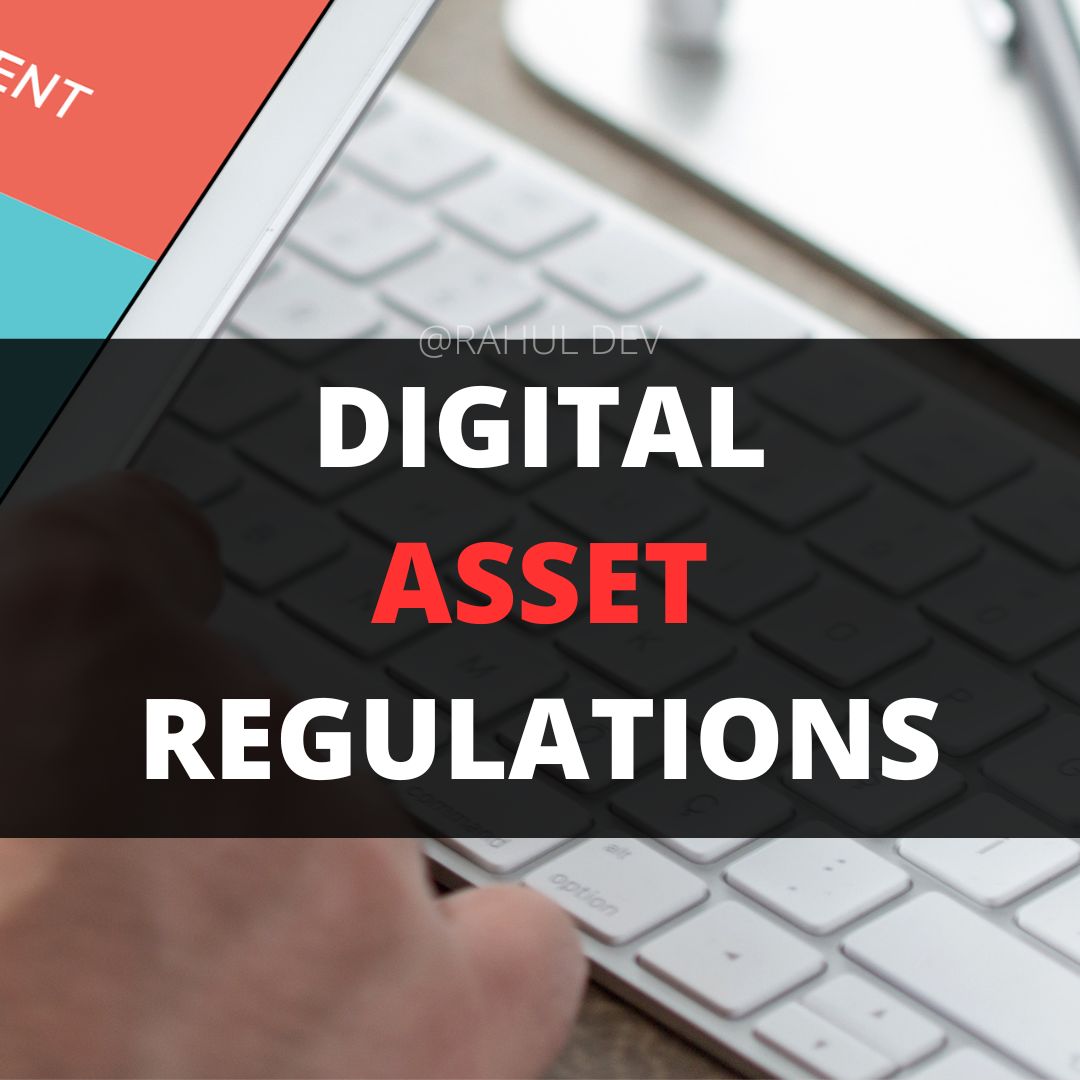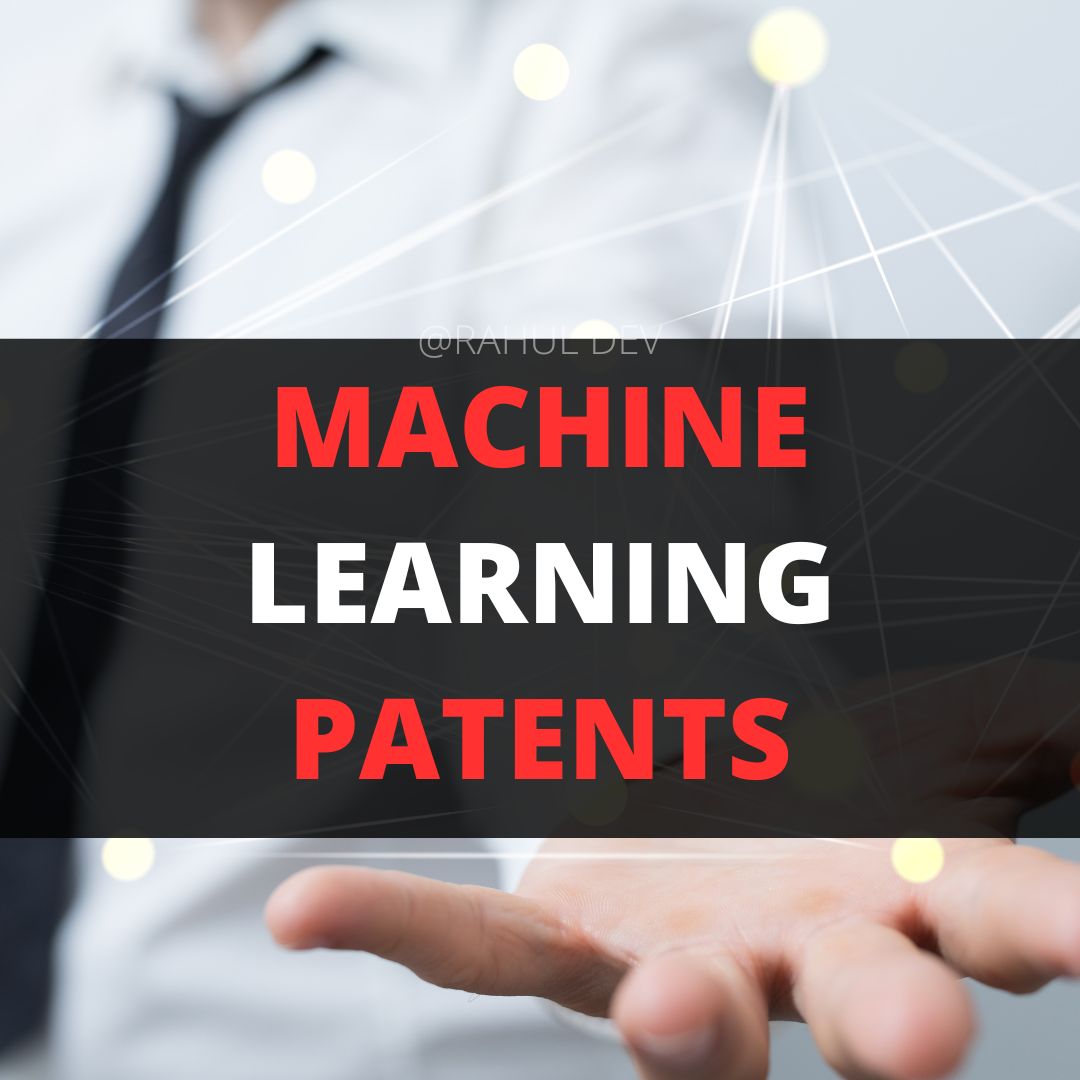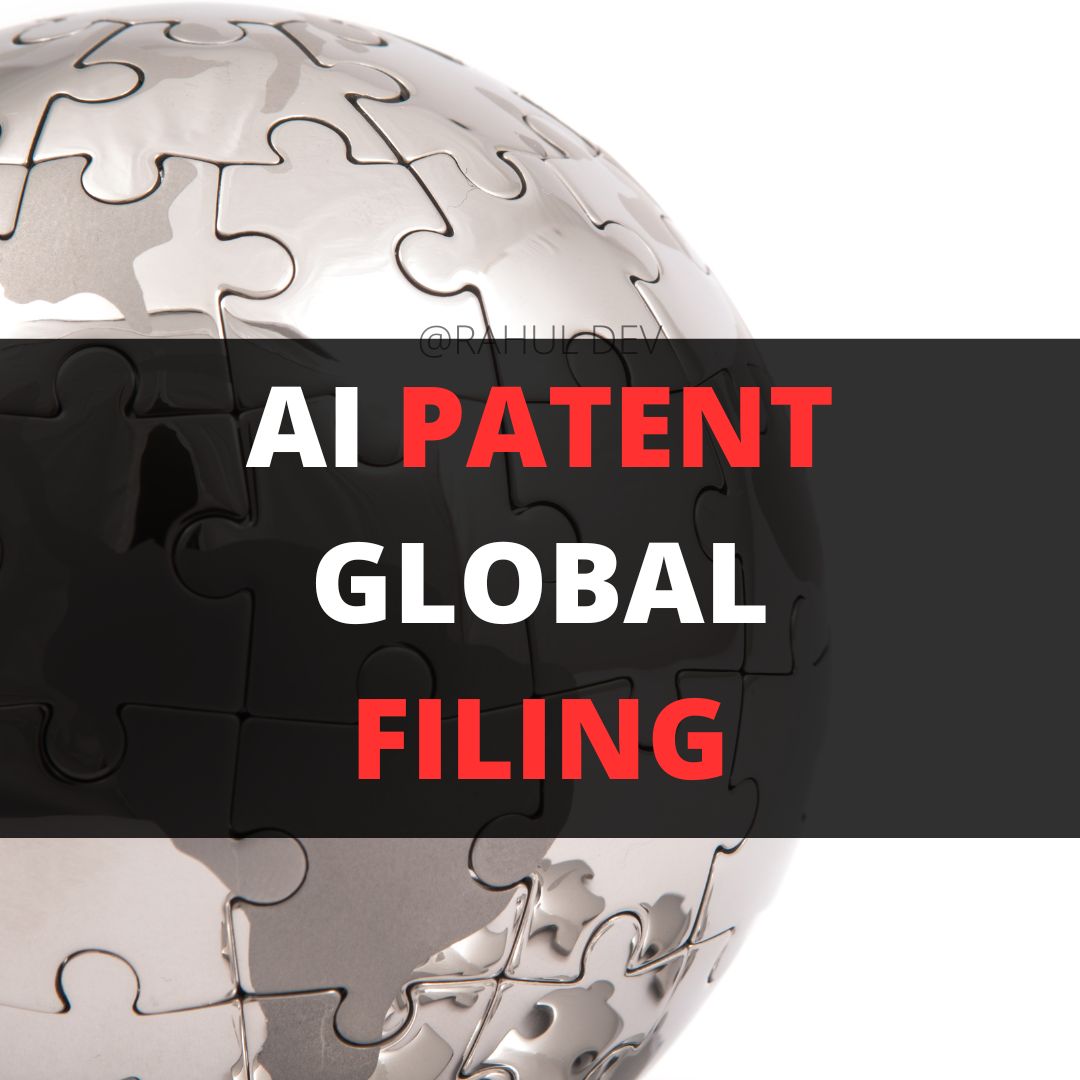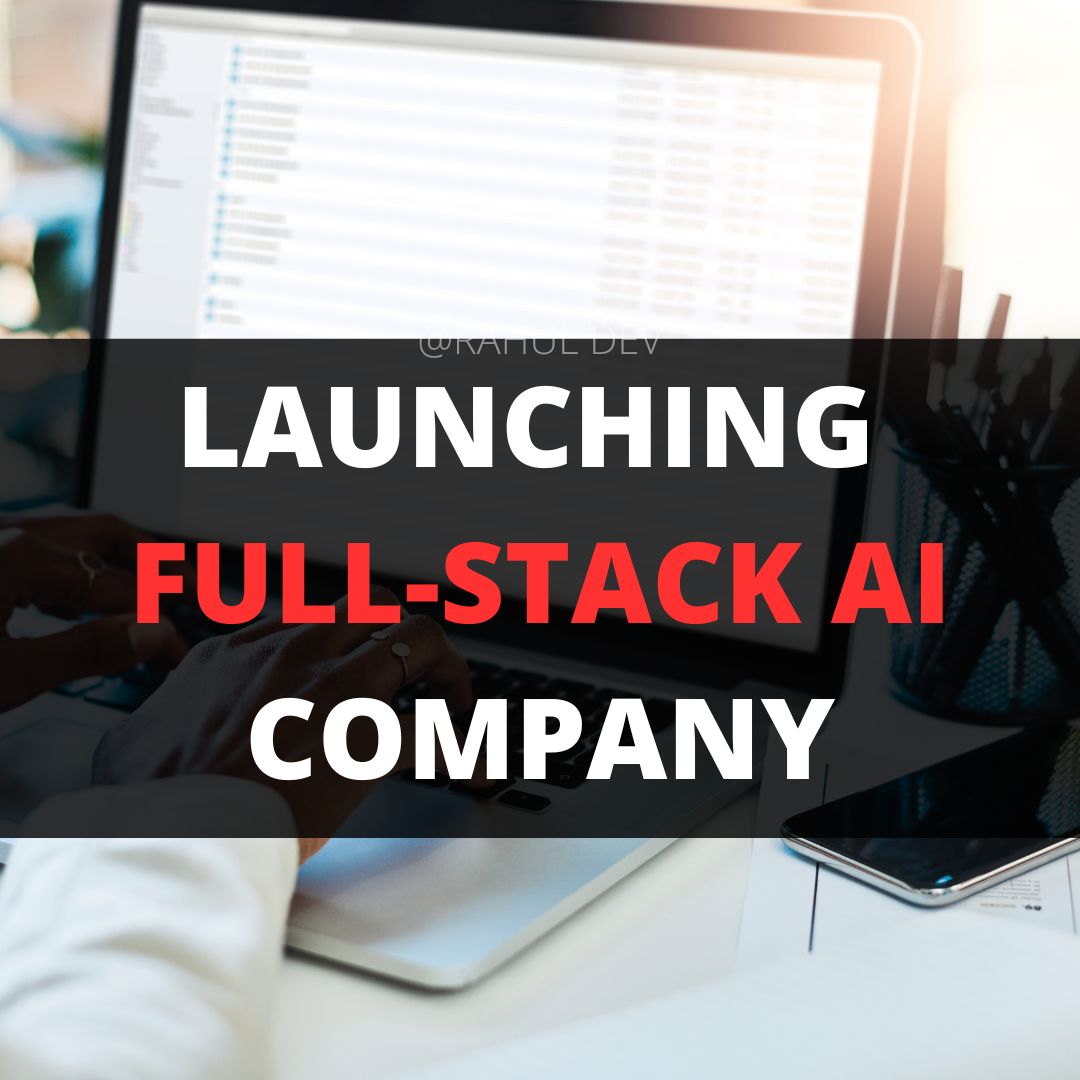
Blockchain and Web3 apps and projects provide utility tokens as a fundamental feature of their decentralized platforms. This article is aimed at understanding role and features of utility tokens in particular. Recently, it has been reported by Techcrunch Crypto Section that Amazon Web Services (AWS) and Ava Labs, which is developing layer-1 blockchain Avalanche, have partnered to grow blockchain usage across corporations, institutions, and governments, according to TechCrunch. AWS VP and worldwide head of startups Howard Wright told TechCrunch that web3 and blockchain are inevitable. We’ve seen growth cycles before, but no one can predict when it will become mainstream. We’re pleased to be a part of this one’s accelerating velocity.” The alliance aims to simplify Avalanche node launch and management and strengthen the network for developers.
Essentially, AWS’s marketplace will support Avalanche’s infrastructure, dApp ecosystem, and one-click node deployments. Ava Labs will join AWS Activate, which helps startups and early-stage entrepreneurs get launched on its platform. Ava Labs wants to bring Subnet deployment as a managed service to the AWS marketplace so individuals and institutions may quickly establish custom Subnets. Avalanche’s scaling solution, subnets, divert traffic from the main blockchain and allow projects to stake its native token, AVAX, while constructing their own layer-1 or layer-2 blockchains. Generally, a utility token is defined as a blockchain-based digital asset that provides access digitally to an application or service. The application or service being built could be anything from online storage to voting systems to distributed computing, etc. In terms of usage, the company behind the token has a service which requires you to pay with its token. For example all your social network activities on Facebook and Instagram are encrypted, stored and compiled by Facebook as big data. You log in to Facebook with an account, and interact through exchanging posts with your friends, comments about your favorite products etc.
It is true that tokens regulate their value and tend to go up. But that is determined by supply and demand. The more people want to owe the token, the more demand will be, and the token value will subsequently increase. It all depends on how useful the token is, based on its application and use case. Now, when people want to use the tokens instead of selling them, it means that there is more demand than supply. Since the supply of tokens is limited and more people want to buy them, the token’s price will go up. Now, coming back to the token value parameters, it is clear that the token is not merely employed to increase its value but has a specific application and use case to increase the value. Therefore, while writing the token launch whitepaper, it is prudent to determine the utility features of the token. This will provide insight to customers about utility token usage and an answer to the question as to why they would purchase the utility tokens.
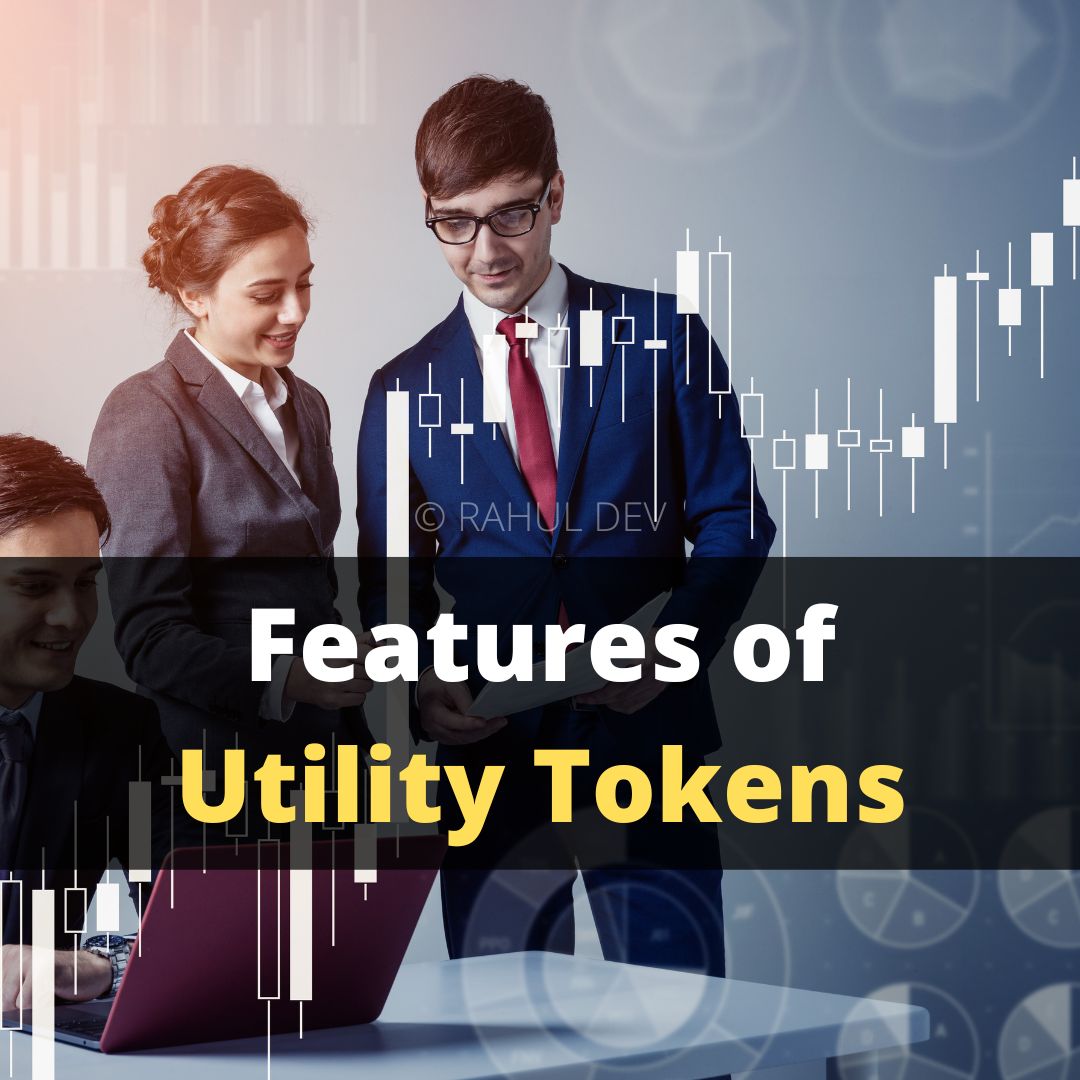
Utility Tokens play six roles in any decentralised chain, including functionality, value exchange, currency, earnings, tolls, and voting rights. At times these tokens act as a reward system which incentivises users when a specific action is performed. Moreover, their tokens are sometimes the primary criteria for accessing into the blockchain network. Another function of these token is that it gives voting rights to the token holder, which is very useful when the paradigm is DAO based.
Tokens in every project have specific applications and use cases. These differ from project to project. At times, the utility is based on the blockchain protocol in which the token is built upon. For example, some blockchain protocols allow easy transactions with low gas fees, and others provide multiple interoperability. These aspects thus encourage customers to purchase tokens. Nonetheless, the central assertion should be on why the particular token is surfaced in the blockchain and how will it solve the purpose required in the project.
Many companies focus on the utility of the token to increase token’s demand. For example, some projects employ collection of tokens each with different uses. Some tokens are used inside the application ecosystem, and some are used to connect the application to the outside world. Furthermore, utility token often allow user to gain rewards based on vesting or staking period.
Further, tokens are employed to access or use specific functions of the ecosystem. There are many projects that provide exclusive access to some features in the ecosystem only to users with specific token amounts. In some cases, purchasing tokens is the primary criterion to enter the ecosystem.
There might be a case where the token is used to fulfil specific purpose, like completing the payment. For instance, you might need a particular amount of utility tokens to withdraw or swap tokens in the exchange market or simply facilitate the transaction. In some cases, the ecosystem is harnessed with a token-based authentication process wherein the user must obtain a specific number of tokens to verify their identity, giving access to the network. In many cases, utility tokens held by users represents customer loyalty, and users are also provided with loyalty points. Whatever the case may be, it’s best practice to define the purpose token and the reason why it is being used. Since the whitepaper is the primary layout showcasing the project’s details, making it to the point and accurate is essential to highlight all the aspects of the utility token. Unfortunately, in some cases, companies set forth token features that are unrealistic or not actually true. This gives rise to trust issues among customers.
Our team of advanced patent attorneys assists clients with patent searches, drafting patent applications, and patent (intellectual property) agreements, including licensing and non-disclosure agreements.
Advocate Rahul Dev is a Patent Attorney & International Business Lawyer practicing Technology, Intellectual Property & Corporate Laws. He is reachable at rd (at) patentbusinesslawyer (dot) com & @rdpatentlawyer on Twitter.
Quoted in and contributed to 50+ national & international publications (Bloomberg, FirstPost, SwissInfo, Outlook Money, Yahoo News, Times of India, Economic Times, Business Standard, Quartz, Global Legal Post, International Bar Association, LawAsia, BioSpectrum Asia, Digital News Asia, e27, Leaders Speak, Entrepreneur India, VCCircle, AutoTech).
Regularly invited to speak at international & national platforms (conferences, TV channels, seminars, corporate trainings, government workshops) on technology, patents, business strategy, legal developments, leadership & management.
Working closely with patent attorneys along with international law firms with significant experience with lawyers in Asia Pacific providing services to clients in US and Europe. Flagship services include international patent and trademark filings, patent services in India and global patent consulting services.
Global Blockchain Lawyers (www.GlobalBlockchainLawyers.com) is a digital platform to discuss legal issues, latest technology and legal developments, and applicable laws in the dynamic field of Digital Currency, Blockchain, Bitcoin, Cryptocurrency and raising capital through the sale of tokens or coins (ICO or Initial Coin Offerings).
Blockchain ecosystem in India is evolving at a rapid pace and a proactive legal approach is required by blockchain lawyers in India to understand the complex nature of applicable laws and regulations.
Read About Patent FIling Guide

